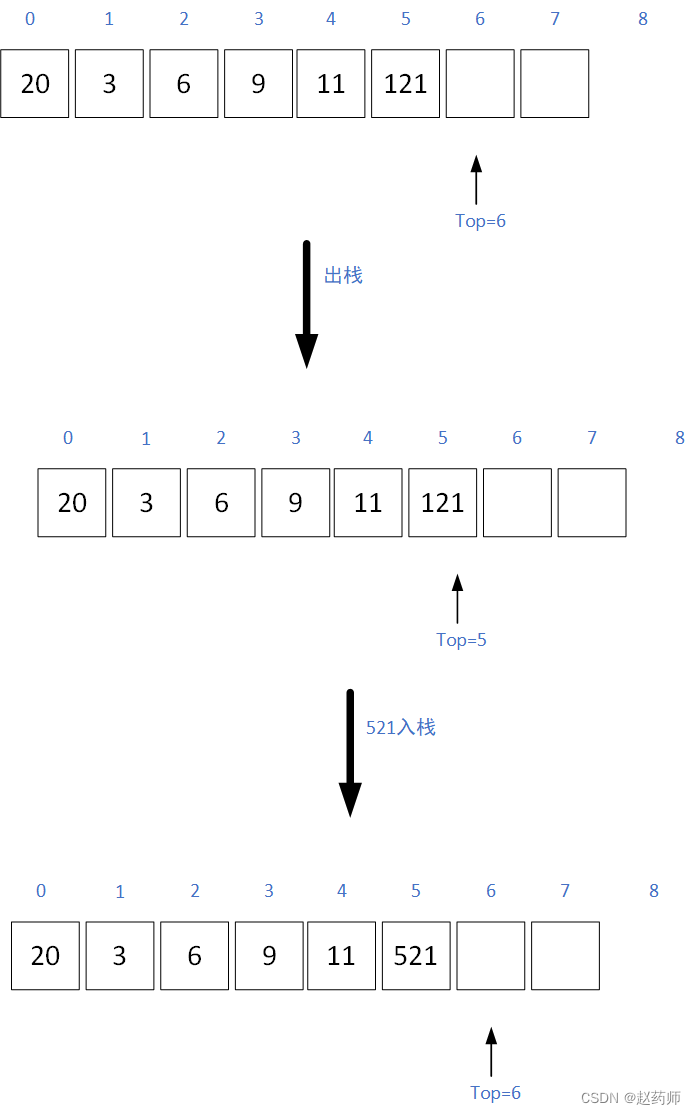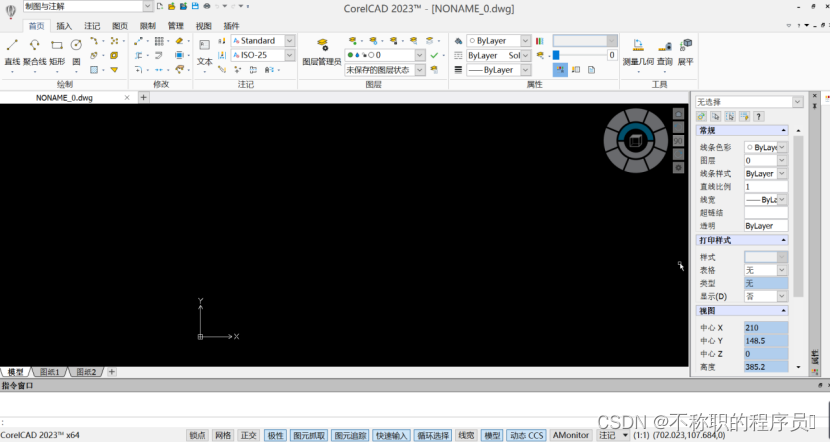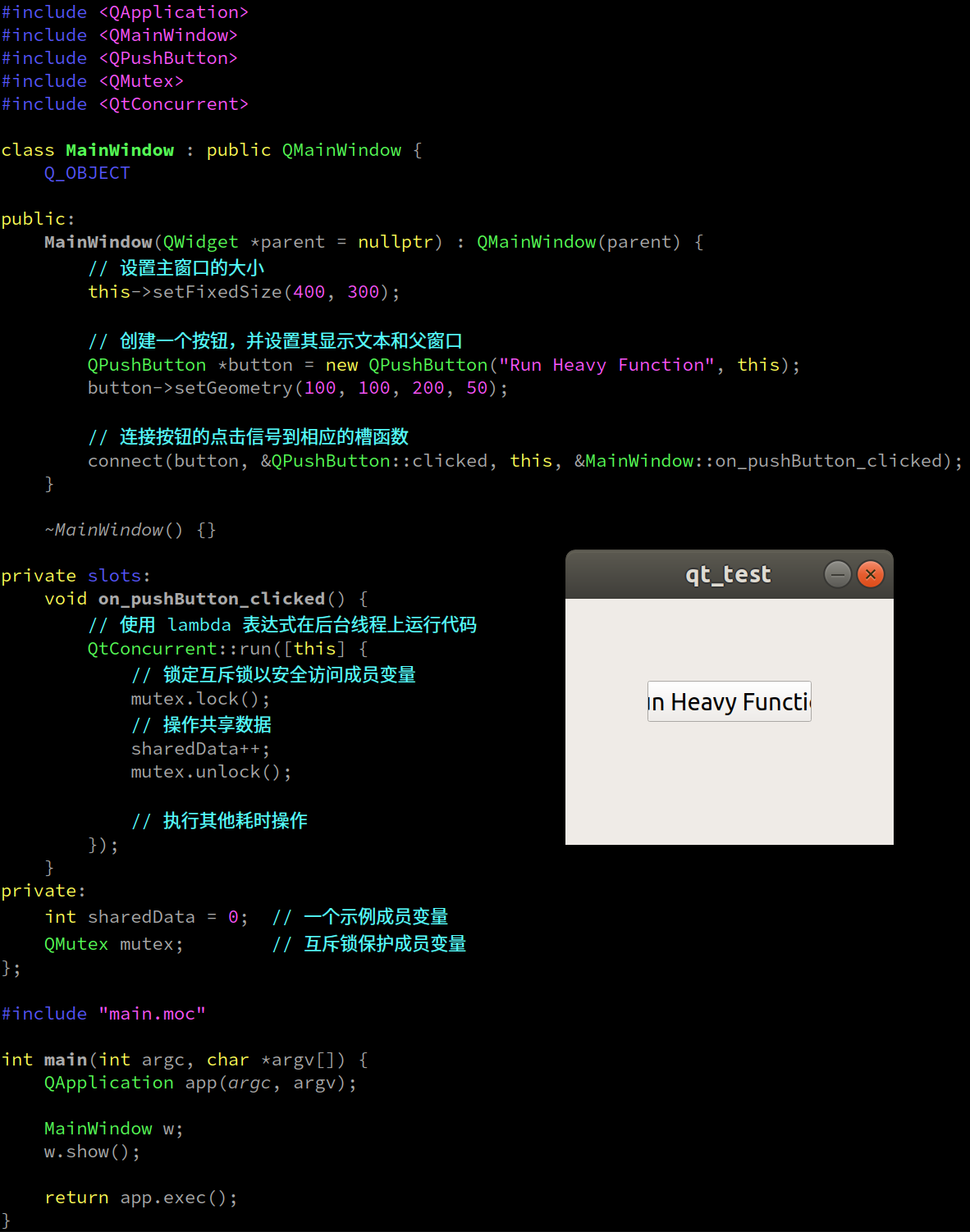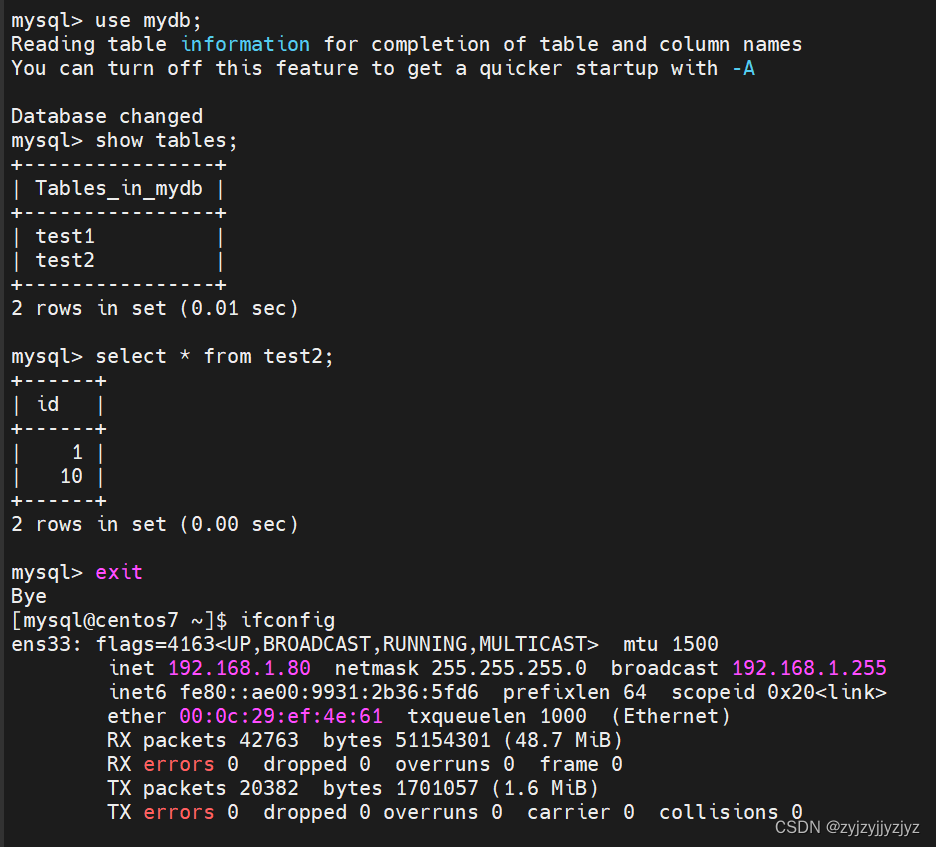顺序栈是用数组实现的:(假设我们有8个位置(下标0-7))

#include<stdio.h>
#include<malloc.h>
#include<assert.h>
#include <iostream>
#define MAX_SIZE 8
#define Elemtype int
typedef struct stack{
Elemtype *base;
int top;
int stacksize;
}Sqstack;
void Initstack(Sqstack *S)
{
S->base=(Elemtype*)malloc(sizeof(Elemtype)*MAX_SIZE);
S->stacksize=8;
S->top=0;
}入栈:
假设我们将20入栈

我们只需要在Top的位置插入,然后Top加1,而Top每次总是指向下一次插入的位置。
栈如果满了,Top应该是等于8的。

void push(Sqstack *S,Elemtype x)
{
if(s->top==MAX_SIZE)
{
printf("满了,%d不能入栈\n",x);
return;
}
S->base[S->top++]=x;
}出栈
空栈top=0:

出栈直接让Top--就行,因为下一次入栈这个位置就能被抵消掉。

void pop(Sqstack *S)
{
if(s->top==0)
{
printf("空的");
return;
}
S->top--;
}栈的应用:
二进制转换
bool IsEmpty(Sqstack *S)
{
return S->top==0;
}
Elemtype Gettop(Sqstack *S)
{
if(IsEmpty(S))
{
return false;
}
return S->base[S->top-1];
}
void conversion(int value)
{ Sqstack s;
Initstack(&s);
while(value)
{
push(&s,value%8);
value=value/8;
}
while(!IsEmpty(&s))
{ int v;
v=Gettop(&s);
pop(&s);
printf("%d",v);
}
}括号匹配(只需将元素类型变为char就行):

bool Cheack(char *str)
{ char v;
Sqstack s;
Initstack(&s);
while(*str !='0')
{
if(*str=='['||*str=='(')
{
push(&s,*str);
}
else if(*str==']')
{
v=Gettop(&s);
if(v!='[')
return false;
pop(&s);
}
else if(*str==')')
{
v=Gettop(&s);
if(v!='(')
return false;
pop(&s);
}
++str;
}
return IsEmpty(&s);
}顺序栈的所有代码(包含栈扩容等各种方法的实现):
#define STACK_INC_SIZE 3
#include<stdio.h>
#include<malloc.h>
#include<assert.h>
#include <iostream>
#define MAX_SIZE 8
#define Elemtype char
typedef struct stack{
Elemtype *base;
int top;
int stacksize;
}Sqstack;
void Initstack(Sqstack *S)//初始化
{
S->base=(Elemtype*)malloc(sizeof(Elemtype)*MAX_SIZE);
S->stacksize=8;
S->top=0;
}
void show(Sqstack *S)//查看栈内元素
{
for(int i=S->top-1;i>=0;i--)
{
printf("%d\n",S->base[i]);
}
}
bool IsFull(Sqstack *S)//判断是否满
{
return S->top>=S->stacksize;
}
bool IsEmpty(Sqstack *S)//判断是否为空栈
{
return S->top==0;
}
bool Inc(Sqstack *s)//栈满了则扩容,如果内存不够扩容则失败
{
Elemtype *newbase=(Elemtype*)realloc(s->base,sizeof(Elemtype)*(s->stacksize+STACK_INC_SIZE));
if(newbase==NULL)
{
printf("满了");
return false;
}
s->base=newbase;
s->stacksize+=STACK_INC_SIZE;
return true;
}
void push(Sqstack *S,Elemtype x)//入栈
{
if(IsFull(S)&&!Inc(S))
{
printf("满了,%d不能入栈\n",x);
return;
}
S->base[S->top++]=x;
}
void pop(Sqstack *S)//出栈
{
if(IsEmpty(S))
{
printf("空的");
return;
}
S->top--;
}
Elemtype Gettop(Sqstack *S) //获取栈顶元素
{
if(IsEmpty(S))
{
return false;
}
return S->base[S->top-1];
}
int length(Sqstack *S)//长度
{
return S->top;
}
void clear(Sqstack *S)//清空栈
{
S->top=0;
}
void destory(Sqstack *S)//销毁栈
{
free(S->base);
S->base=NULL;
S->stacksize=S->top==0;
}
void conversion(int value)//进制转换
{ Sqstack s;
Initstack(&s);
while(value)
{
push(&s,value%8);
value=value/8;
}
while(!IsEmpty(&s))
{ int v;
v=Gettop(&s);
pop(&s);
printf("%d",v);
}
}
bool Cheack(char *str)//括号匹配
{ char v;
Sqstack s;
Initstack(&s);
while(*str !='0')
{
if(*str=='['||*str=='(')
{
push(&s,*str);
}
else if(*str==']')
{
v=Gettop(&s);
if(v!='[')
return false;
pop(&s);
}
else if(*str==')')
{
v=Gettop(&s);
if(v!='(')
return false;
pop(&s);
}
++str;
}
return IsEmpty(&s);
}
int main(void)
{
char *str="[())]";
bool flag=Cheack(str);
if(flag)
{
printf("OK\n");
}
else{
printf("False");
}
} 
![YOLOv8_pose的训练、验证、预测及导出[关键点检测实践篇]](https://img-blog.csdnimg.cn/direct/08c95a911bfd49b38b2aa59a3b7b822b.png)














![[数据集][目标检测]手枪机枪刀检测数据集VOC+YOLO格式5990张3类别](https://img-blog.csdnimg.cn/direct/67517cf13266458bb35b97e98616704c.png)

